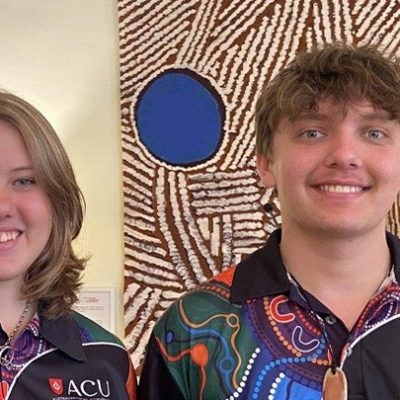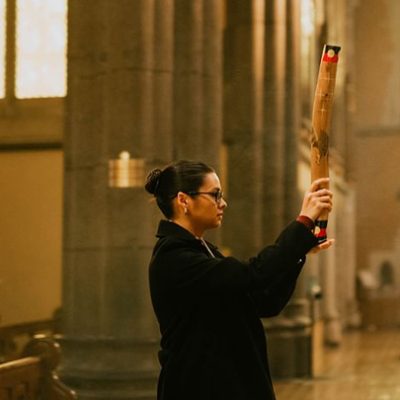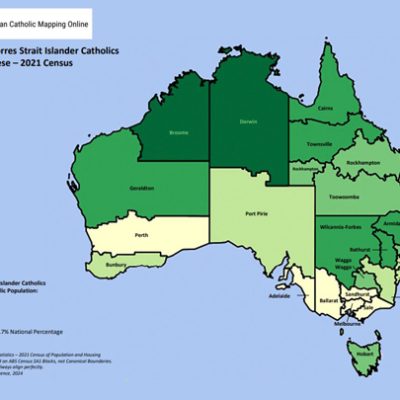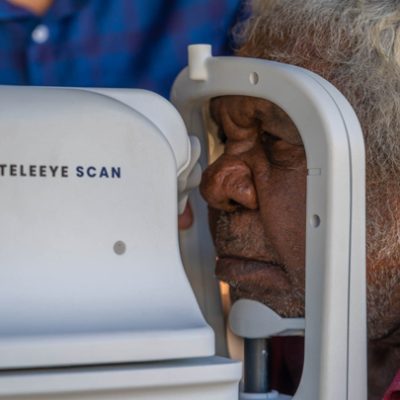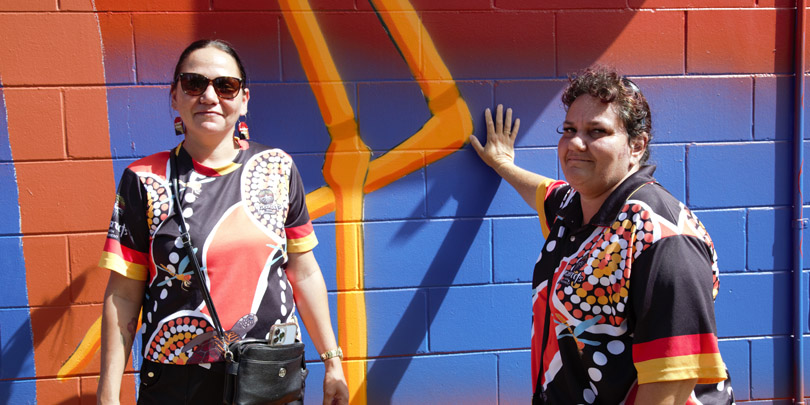
Caritas Australia has marked NAIDOC Week by celebrating its First Nations partners and the projects they support together in communities across Australia.
Caritas Australia has been working with First Australian partners since 1972. It supports seven programs across six local partners that are designed and led by First Australians, with 18,617 program participants last year.
“NAIDOC Week is a special time where we take the opportunity to recognise and appreciate the enduring strength and beauty of First Australian cultures,” Kirsty Robertson, CEO of Caritas Australia, said.
“The organisations we work with are all First Australian led and showcase the breadth of ways in which cultural and environmental approaches of our First Australian people contribute positively to environmental and intergenerational healing.”
Caritas Australia works closely with and supports the National Aboriginal Torres Strait Islander Catholic Council. With over 130,000 Aboriginal and Torres Strait Islander Catholics in Australia, it is the youngest and fastest growing demographic.
Some of these partners focus on culturally secure support, such as Babaayn Aboriginal Corporation, which seeks to provide a healing environment for one of the largest urban First Australian populations in Western Sydney. They provide a Homework Club, a Young Mums and Bubs program, a youth group, advocacy, counselling services and links to government departments.
Another is Grassroots Action Palmerston, whose Grassroots Youth Engagement targets young people who are most at risk of falling through the cracks, including young people who have been involved in the youth justice system. The program provides young people with employment via local partners, alongside cultural security through wrap-around mentoring support and activities.
The survivors of Kinchela Boys Home formed the Kinchela Boys Home Aboriginal Corporation, which is focused on healing programs to restore and reconstruct the identity, dignity, and integrity of Stolen Generation survivors. It takes a survivor-led approach to its governance and healing and is committed to encouraging healthy peer support models that enable greater social inclusion in community life.
Djilpin Arts is an art centre and social enterprise, designed and led by First Australians in a remote community in the Northern Territory. Established by the celebrated actor, musician and beloved community member, the late Balang T. E. Lewis, the centre provides employment, training, income, cultural healing, and intergenerational connection for First Australians.
The Aboriginal Carbon Foundation connects traditional owners and non-Aboriginal carbon farmers to organisations seeking to offset their carbon. They can earn income through the ethical trade of carbon credits produced by programs that use traditional knowledge and land management. The foundation has also developed the first verification framework for verifying carbon credits that demonstrate environmental, social, and cultural core-benefits.
FULL STORY
Caritas Australia celebrates its First Australian partners this NAIDOC Week (Caritas Australia)



